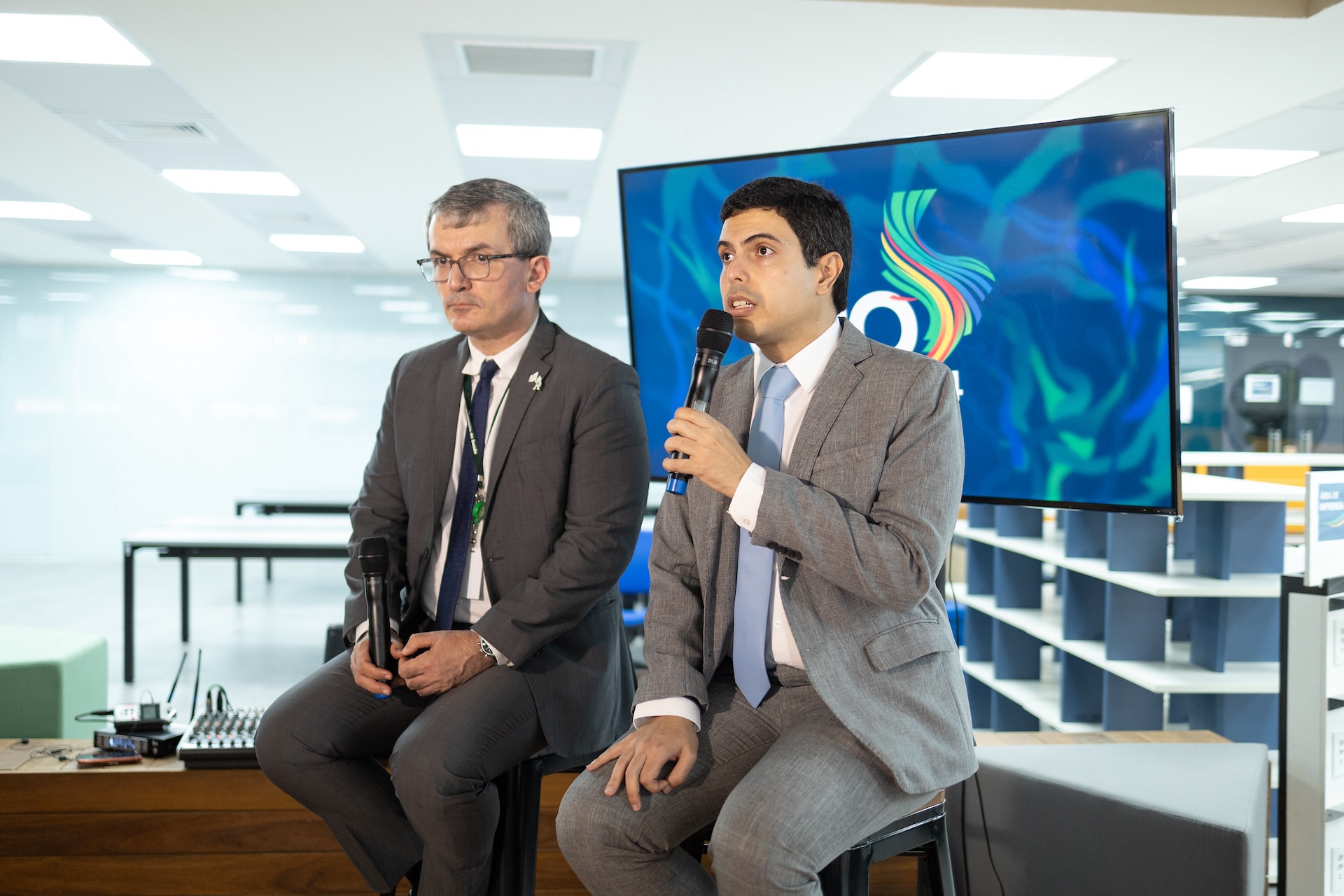"Countries need to prepare for possible new sanitary emergencies," says ambassador
At the first meeting on the Health and Finance Task Force, member countries resumed their engagement with the topic at a meeting of the forum. The agenda was somewhat demobilized during the COVID-19 sanitary emergency. At this Thursday's meeting (1), technicians from the member countries were able to propose a new direction for the agenda in order to have an impact on decision-makers.

The COVID-19 pandemic has drastically affected debates on finance and health, but they have been resumed in discussions at the G20, the forum of the world's 20 biggest economies. According to Ambassador Alexandre Ghisleni, coordinator of the Finance and Health Task Force for Brasil’s Ministry of Health, during the meeting on Thursday (2), the technical experts of the member countries managed to give a new direction to the agenda to impact global decision-makers, which already "represents a positive fact for the Brazilian presidency".
“We have managed to take this discussion in a new direction, with new proposals, putting the issue of health financing back on a stable, more appropriate basis, in a way that is very connected to current issues and catches the attention of decision-makers. It opens the way for us to deepen this discussion, to achieve concrete results that change the health financing scenario in Brasil and the rest of the world," Ghisleni explained during a press conference.
One of the main points addressed during the meeting was Debt for Help, which seeks to encourage countries to replace debt payments with investments in health. Helder Silva, coordinator of the WG for the Ministry of Finance, highlighted that the topic opened the meeting as a subject of extensive debate and will be the target of improvement, based on the previous experience of nations with this financial mechanism.
"In April, we're going to have a first meeting to bring together the players in this process and gather input from all of them to start building a report that will be useful so that all countries and institutions are on the same page and then we can move on to technical discussions on the subject," Silva revealed.
Ghisleni highlighted that although part of the world's population considers the health emergency to be a thing of the past, the group's priority is for countries to prepare for the eventuality of the next pandemic. "If we don't prepare for the eventuality of the next pandemic, we'll be taken by surprise as badly as we were with COVID. And it is this preparatory work that is at the root of everything we are doing," he emphasized.

Universal access to health
One of the priorities of the international health debate is the search for universal health coverage. In this regard, Ghisleni indicated that it is possible to achieve a situation in which all the world's citizens have access to health services. The ambassador recognized that, despite the criticism that can be directed at the Unified Health System (Sistema Único de Saúde - SUS), Brasil has a significant advantage.
"With a free public system open to more than 200 million Brazilians, the country is in a favorable position in the international debate. Even with possible improvements to the SUS, Brasil has valuable lessons to offer and an experience that can serve as a reference for discussions on how to guarantee universal access to health at a global level. This perspective reinforces Brasil's relevance as an example to be considered in deliberations on health policies at the international level," recalled Ghisleni.